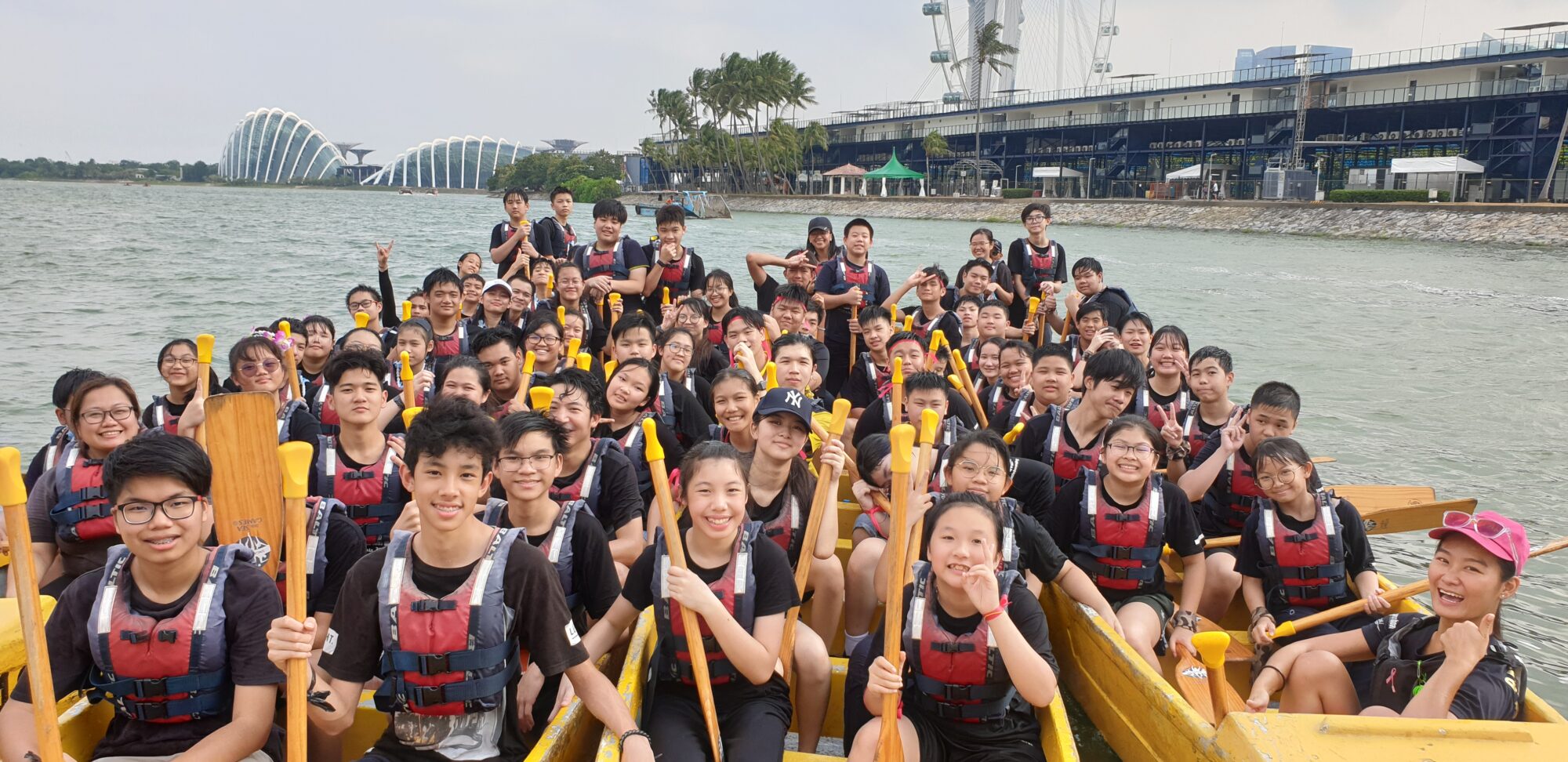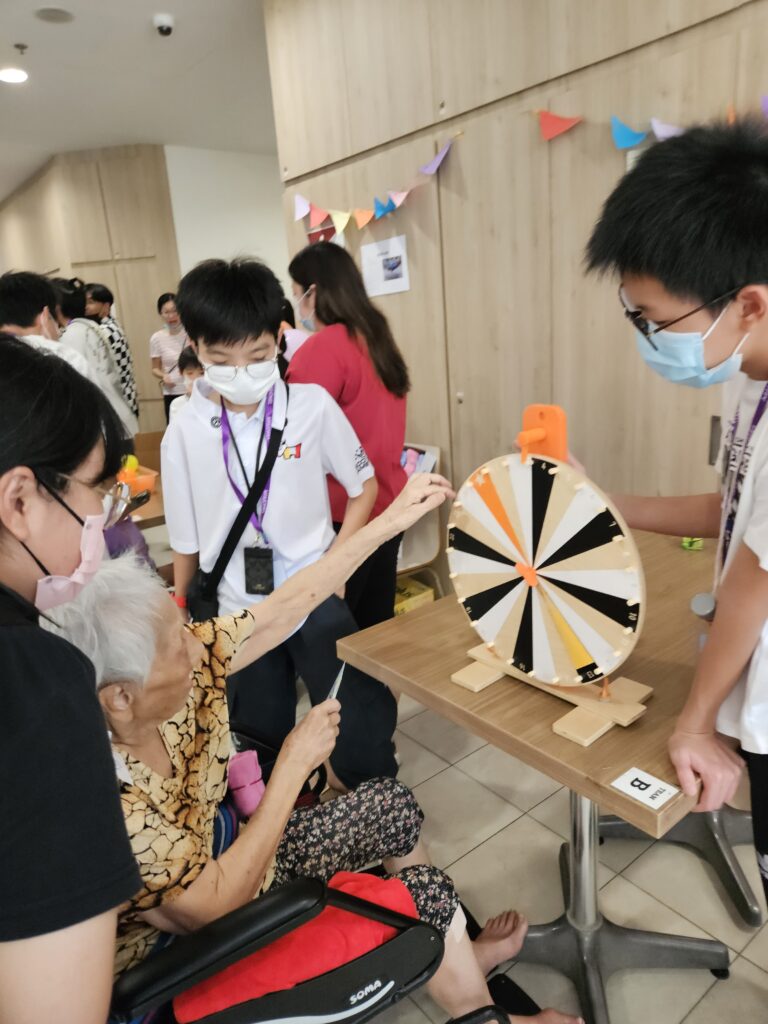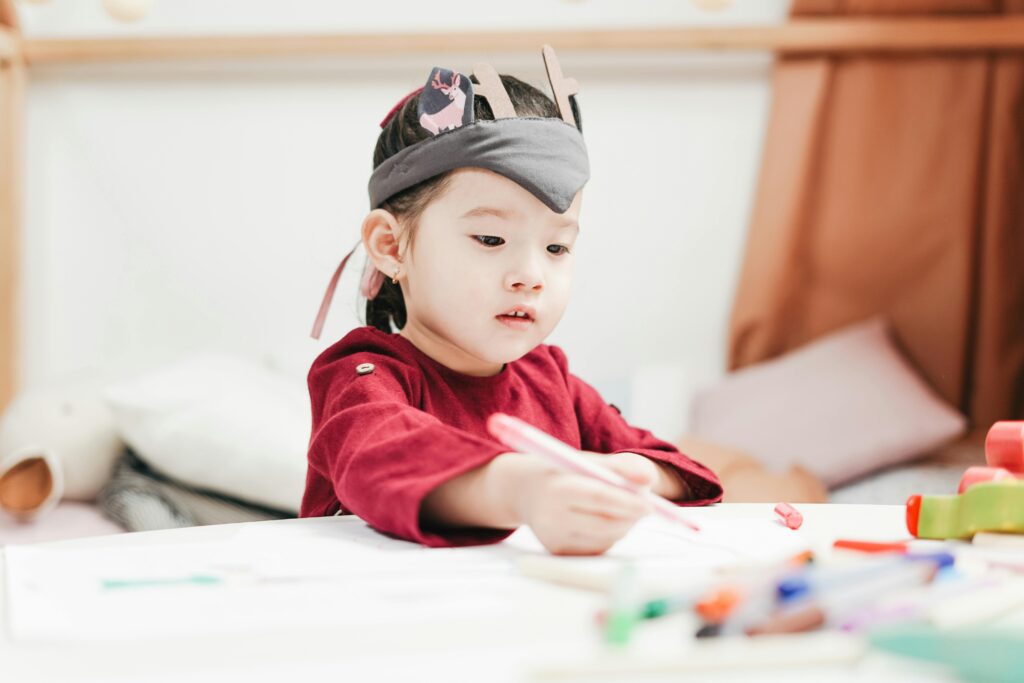AI is smart. But sometimes, it can be too smart for our own good. There have been real cases where adults and professionals who are educated and experienced have been tricked by AI. One woman received a video call from what looked and sounded exactly like her boss. He asked her to send money to a bank account, and she did. Later, it turned out to be an AI-generated deepfake. Another case involved a lawyer who used AI to help write a legal case. To his dismay, the AI had invented fake cases and sources, costing him credibility. In another story, a company manager followed instructions from an AI-generated voice of their CEO and unknowingly handed over sensitive company information.

If trained adults can be fooled by AI, what more our children?
Kids and teenagers are online all the time. But they may not always know how AI is being used around them. For example, in online games, children may talk to strangers who use AI tools to change their voice or face. These strangers may not be who they say they are. Some teens have even been tricked into online relationships with predators who use AI to appear young or friendly. Others may be fooled into buying low-quality products after reading AI-generated fake reviews. And with tools that can copy voices or faces, kids may believe things that simply are not real.
These dangers are real. AI can be used to cheat, lie, or trap people, especially those who are young or unaware. But while we cannot stop AI from growing, we can learn how to protect ourselves and our children. Parents, teachers, and students all need to learn how to spot red flags, question what they see online, and stay alert.
In our next blog post, we will talk about what we adults can do to guide our children in this AI-filled world. With the right awareness and habits, we can stay one step ahead, and help our kids do the same.























